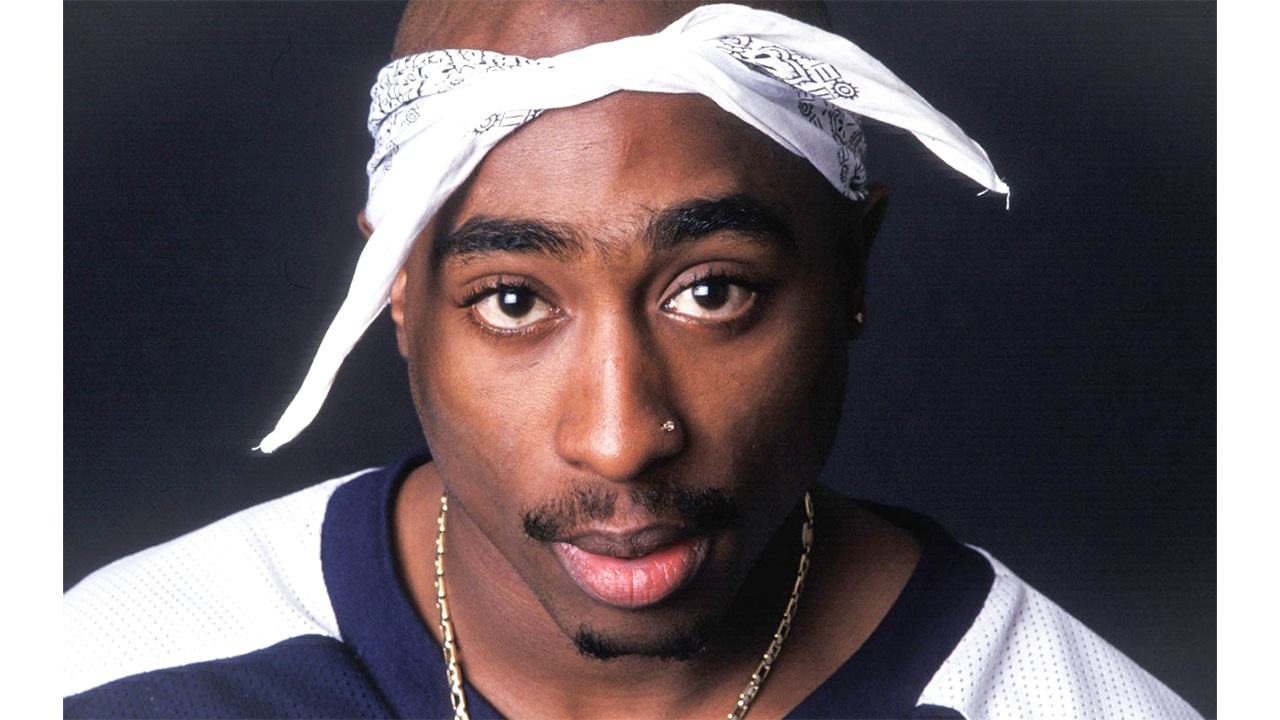Exploring The Legacy Of 2Pac Age: A Journey Through Time
When we talk about the world of hip-hop, few names resonate as profoundly as Tupac Shakur, popularly known as 2Pac. Despite his untimely death at a young age, his music, poetry, and activism continue to influence generations. Understanding the 2Pac age allows us to delve deeper into the life and times of this iconic artist, whose legacy transcends his years. His work has not only entertained but has also sparked critical discussions surrounding social justice, race, and identity.
Born on June 16, 1971, 2Pac's life was a blend of struggle, artistry, and passion. He was not just a rapper but a voice for the marginalized, drawing from his experiences in a world that often overlooked the plight of the underprivileged. As we explore 2Pac's age in the context of his life, we can appreciate how his youthful experiences shaped his profound understanding of society and the human condition.
Despite passing away in 1996 at the age of 25, 2Pac's influence is still felt today. His music remains relevant, and his words continue to inspire discussions about the issues he passionately advocated for. In this article, we will take a closer look at 2Pac's biography, his personal details, and the context of his age as it relates to his legacy.
What Was 2Pac's Biography?
Tupac Amaru Shakur was born in East Harlem, New York, to a family deeply involved in the Black Panther Party. This environment shaped his views and artistic expression from an early age. After moving to Baltimore, he attended the Baltimore School for the Arts, where he honed his skills in acting, poetry, jazz, and ballet. He later joined the hip-hop group Digital Underground, which served as a stepping stone for his solo career.
Key Milestones in 2Pac's Life
Throughout his short life, 2Pac achieved numerous milestones that contributed to his legendary status:
- 1991: Released his debut solo album, "2Pacalypse Now."
- 1993: Gained mainstream success with the album "Strictly 4 My N.I.G.G.A.Z."
- 1994: Survived a shooting that left him critically injured.
- 1995: Released the critically acclaimed album "Me Against the World."
- 1996: Released "All Eyez on Me," his most successful album before his death.
What Are 2Pac's Personal Details and Bio Data?
| Detail | Information |
|---|---|
| Full Name | Tupac Amaru Shakur |
| Birth Date | June 16, 1971 |
| Death Date | September 13, 1996 |
| Age at Death | 25 |
| Nationality | American |
| Occupation | Rapper, Actor, Poet |
| Genres | Hip Hop, Rap |
How Did 2Pac's Age Affect His Music?
2Pac's age played a significant role in shaping his music and lyrical themes. Writing from the perspective of a young African American man in a tumultuous environment, he addressed issues such as poverty, violence, and systemic racism. His youthful exuberance and raw emotion allowed him to connect deeply with fans, making his music timeless.
What Themes Did 2Pac Explore in His Music?
In his brief career, 2Pac tackled a wide range of themes, including:
- Social Injustice: He often spoke out against the inequalities faced by African Americans.
- Struggle and Survival: His lyrics frequently reflected the struggles of growing up in a challenging environment.
- Love and Relationships: 2Pac explored the complexities of love, heartbreak, and relationships in his work.
- Identity: He delved into issues of self-identity, cultural pride, and the search for belonging.
How Did 2Pac's Age Influence His Persona?
The persona of 2Pac was multifaceted, shaped by both his age and experiences. He was seen as a rebel, a poet, and a voice for the voiceless. His ability to articulate the struggles faced by young people in America resonated with listeners, making him an enduring symbol of resistance against oppression.
What Is the Legacy of 2Pac Today?
Even after decades, the legacy of 2Pac remains impactful. His age, when he passed away, serves as a poignant reminder of the potential lost due to violence and societal issues. His music continues to inspire artists and activists alike, fostering conversations around the very issues he championed.
How Is 2Pac Remembered by Fans and Artists?
Fans and artists celebrate 2Pac's life and work through various means:
- Tributes: Many contemporary artists cite 2Pac as a major influence and often pay tribute to him in their music.
- Documentaries and Films: His life story has been the subject of numerous documentaries and films that explore his impact.
- Memorials: Fans often gather to honor his memory on the anniversary of his death.
What Can We Learn from 2Pac's Age and Legacy?
2Pac's age reminds us of the fragility of life and the importance of using our voices for change. His ability to address complex issues at a young age speaks to the power of art as a tool for social justice. As we reflect on his life, we are encouraged to continue the conversations he started, advocating for a better future.
Conclusion: Reflecting on 2Pac Age and Its Impact
In conclusion, understanding the 2Pac age provides valuable insights into his life, music, and enduring legacy. His contributions to hip-hop and social justice have left an indelible mark on culture, inspiring countless individuals to speak out and make a difference. As we remember 2Pac, we honor not just the man but the powerful message he left behind.
Article Recommendations
- Shemar Gay
- James Anderson American Actor
- Alaskan Bush People Cancelled
- Kaitlan Collins Partner
- Katt Williams Wife 2024
- Jason Momoa And Amber Heard Baby
- Dorothy Wang Engaged
- Is Zach Top Married
- Bloxburg Job Salary List 2024
- Martin Rabbett


